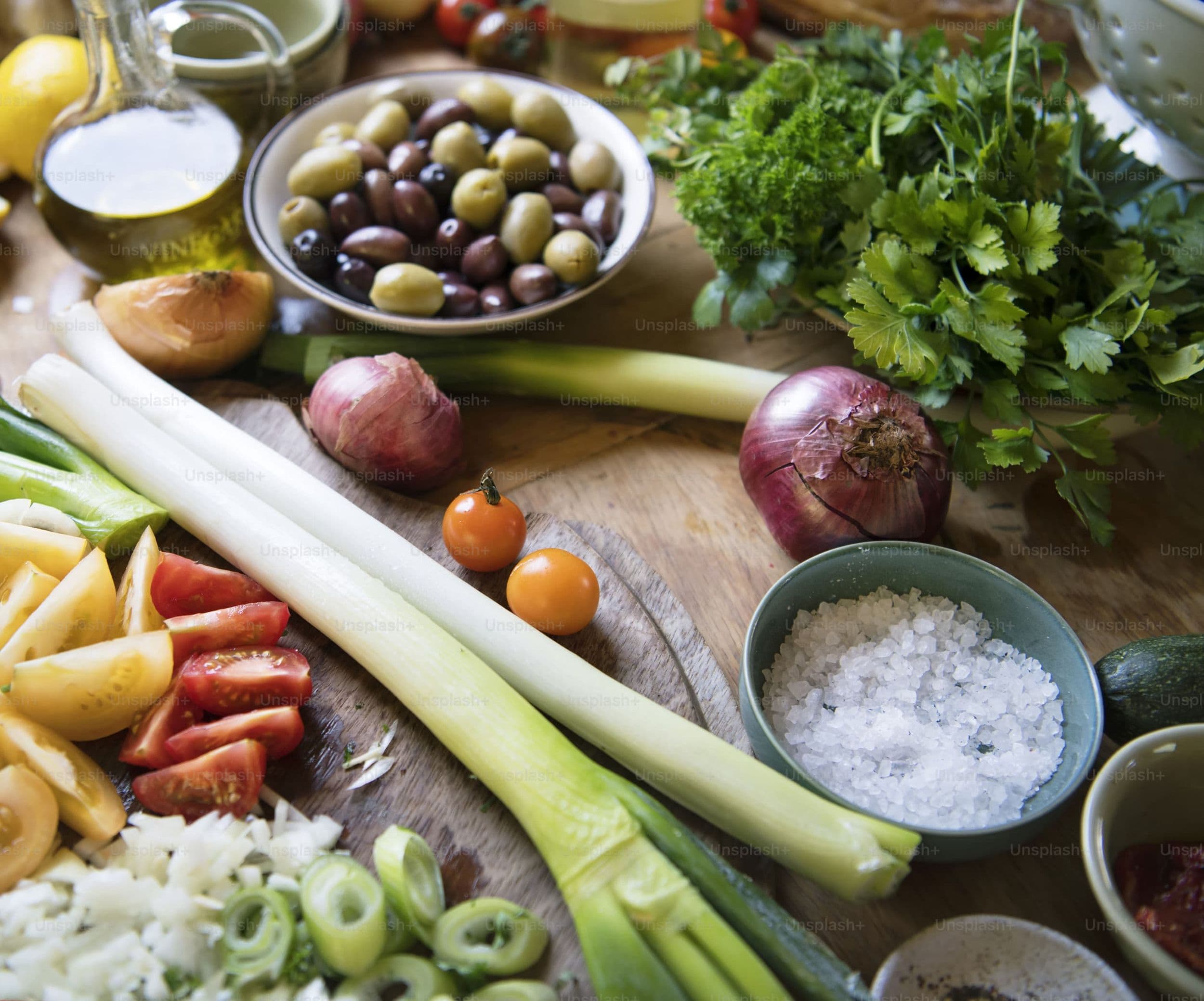Eating Healthy during Menopause
Menopause
Obie Editorial Team

There is a diet out there for every condition, desire, and lifestyle. Women in menopause are no exception. Menopause diets typically include high levels of calcium and vitamin D to ward off bone loss, but there are many other foods that are helpful in combating various common menopause symptoms. Here are 9 tips to create a healthy menopause diet.
Increase daily fruit intake
Fruit is a great source of fiber, which everyone is lacking in their diet. Certain fruits, however, work to counteract sodium and water retention. Bananas, melons, oranges, and lemons are high in potassium, which can help prevent the body from storing extra water.
Think veggies every day
Vegetables offer healthy calories rich in vitamins and nutrients. Dark leafy vegetables are at the top of the list because of their high fiber content.
Add even more fiber
It is suggested that men and women consume at least 35 grams of fiber every day. Very few reach that level, with most consuming less than 10 grams. Whole wheat, healthy grains, and bread fortified with fiber are all good choices.
Leave fried foods behind
Fried foods aren't good for anyone and may contribute to cardiovascular disease and high blood pressure. Broiling and baking are much healthier, though a fried treat once in a while is okay.
Skip white foods
White foods like bread, rice, and pasta contain very few healthy vitamins and nutrients. What they do contain is empty calories. A menopause diet should replace white, processed foods with whole grain and whole wheat varieties.
Swap out cooking oil for omega-3 rich options
Cooking oils should contain omega-3 fatty acids to balance out the omega-6 acids consumed every day. A healthy balance of omega-3s and omega-6s is crucial to a healthy body and mind. Try using flaxseed oil and canola oil which are both high in omega-3s.
Add more oily fish
Another great choice to boost omega-3s by consuming more oily fish like salmon and mackerel. Salmon has 4,123 mg per serving and mackerel contains 4,107 mg per serving.
Drink at least 64 ounces of water a day
This may be one of the best pieces of advice: drink more water! There are no diet plans out there that forget to include water as a crucial addition. Drinking water does not mean adding another cup of coffee or diet soda. Clear, fresh water helps rid toxins from the body and also regulates water retention.
Drink less caffeine
Caffeine is a diuretic and many women in menopause already take prescription diuretics or water pills daily. Combining diuretics can lead to dry skin, constipation, and dehydration.
This new era of living life in menopause has its benefits and drawbacks, but eating right is key to living a longer, happier life, before and after menopause.










